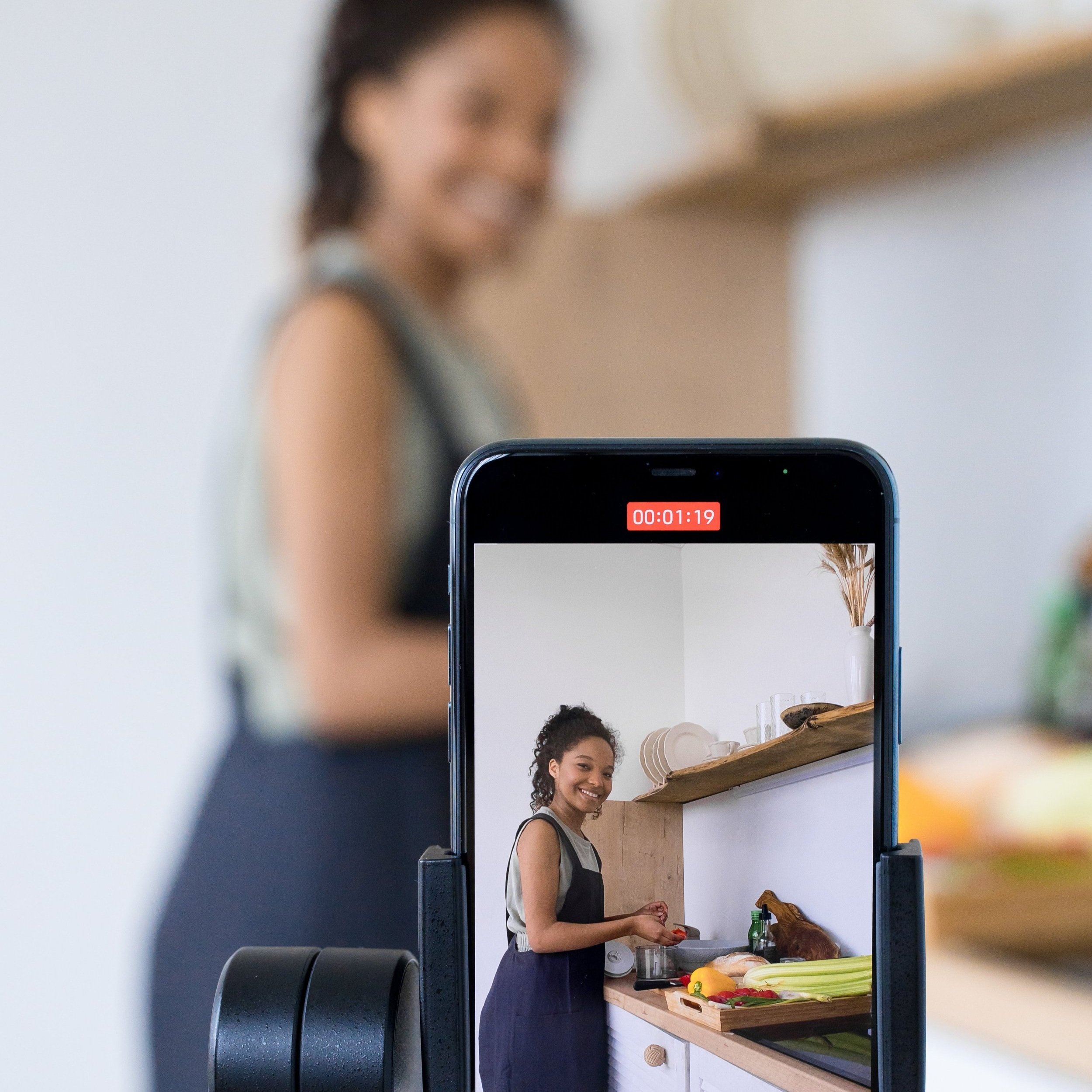Influence and authenticity
In an era dominated by influencer marketing and the mantra that ‘authenticity’ is the key to success, we’re exploring the idea that influencer activity can still thrive by being, as we like to call it, ‘authentically inauthentic’.
While it may seem paradoxical, there are certain scenarios and niches where inauthenticity can actually be a strategic advantage rather than a hindrance.
It’s not a new idea that people turn to influencers for entertainment and amusement, and comedy influencers creating parody and satirical content thrive by embracing one or more inauthentic personas. These creators openly admit that their content is scripted or exaggerated for comedic effect, and their audience appreciates the transparency in their inauthenticity.
Such elaborate characters blur the lines between fiction and reality, flooding their TikTok comment section with questions such as ‘surely this is satire?’ and so on. However, these personas can be just as engaging and relatable as real-life authenticity as audiences are drawn to the aspect of storytelling, and, however exaggerated the characters, we definitely all know someone similar…
Similarly, in the world of luxury, influencers who embody aspirational ideals and showcase a seemly ‘out of reach’ lifestyle can maintain their allure and grow a following precisely because they are unrelatable. Their content allows audiences to escape from their everyday lives and indulge in fantasy. This creates a sense of detachment from reality, allowing viewers to immerse themselves in a captivating narrative or aesthetic without the constraints of authenticity.
In recent times, both the challenges posed by Covid and the rising cost of living have driven audiences to seek an escape in social media and short-form content. These platforms have become the new-age TV. Once your favourite aspirational series ends, just open TikTok and see what your favourite outlandish creator is up to.
While authenticity remains a powerful and valuable aspect of influencer marketing, there are situations where being authentically inauthentic can be just as effective. It all depends on the niche, audience, and the specific goals of the influencer. In the diverse landscape of influencer activity, there is room for both authenticity and inauthenticity to coexist and cater to a wide range of audience preferences and desires.
Take, for instance, ‘The Rochambeau Club’, a fictitious tennis club born in 2021 on Instagram, leading the charge in the realm of spoof and satirical luxury. Created by London-based entrepreneur Christopher Seddon and writer Joseph Bullmore, their winning formula combines a nostalgic ‘I’ve definitely seen that somewhere before’ retro aesthetic, inside jokes that make you want to feel a part of it, and a meticulously thought-through look and feel and approach to content that is gaining them a rapidly growing online audience. But, you may ask, if it doesn’t actually exist, to what end?
The club is banking on its 'genuine membership' of over 2,000 to naturally transition into real-world customers of their ‘Racquet Rosé’ a wine retailing at £117 for a case of six bottles, available in selected London restaurants and bars.
Despite existing solely in the digital realm, it has become a tangible business, registered in the UK as a wholesaler of alcoholic beverages, hinting at future drink offerings inspired by their 80s preppy universe.
On a similar note, consider ‘Gstaad Guy’, who has carved a niche by satirising the lives of the rich and, to put it frankly, snobby. His content has resonated with, and amused, the more affluent of Instagram users and his penchant to mock the aspirational lifestyles often seen on social media has gained him a ticket to almost every FROW.
Beyond our phones and in the world of television, the concept of authenticity is also being redefined. The BBC’s Amazing Hotels series, which sees Monica Galetti and Rob Rinder visit Puglia to go behind the scenes of a hotel merely modelled on its historical local villages, and whose staff is carefully curating a ‘genuine’ version of Italy within a replica.
While authenticity remains a powerful currency for creators and brands alike, the rise of spoof accounts and satirical content cannot be ignored, and encourages us to reconsider the usual ‘authenticity or nothing’ approach.This shift is influencing the language used in the social media field, moving toward the term 'creator' over 'influencer.' It challenges the idea that authenticity is the sole route to success, highlighting how the digital entertainment landscape is constantly changing and evolving.
Luckily, we’ve always got one ear to the ground.


